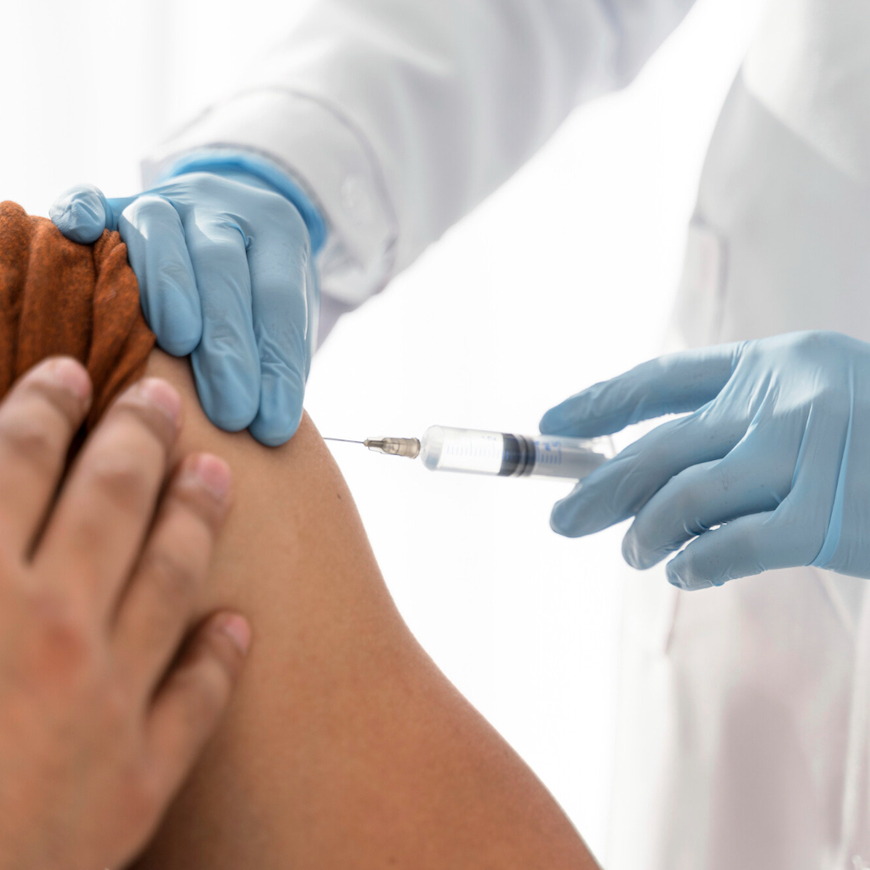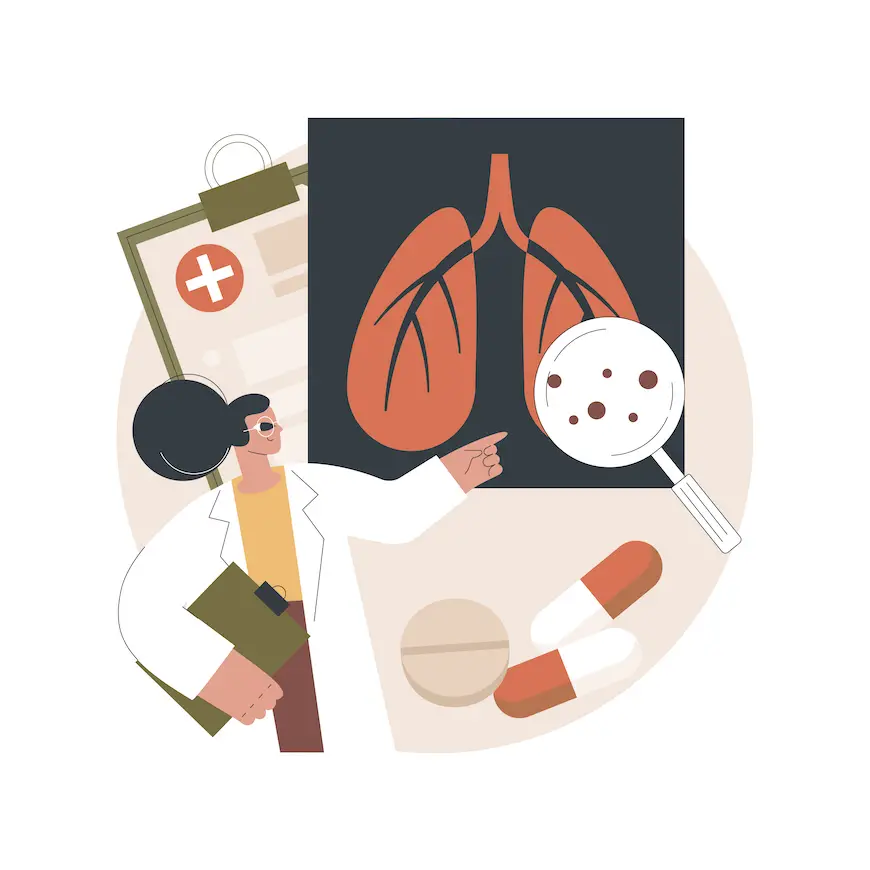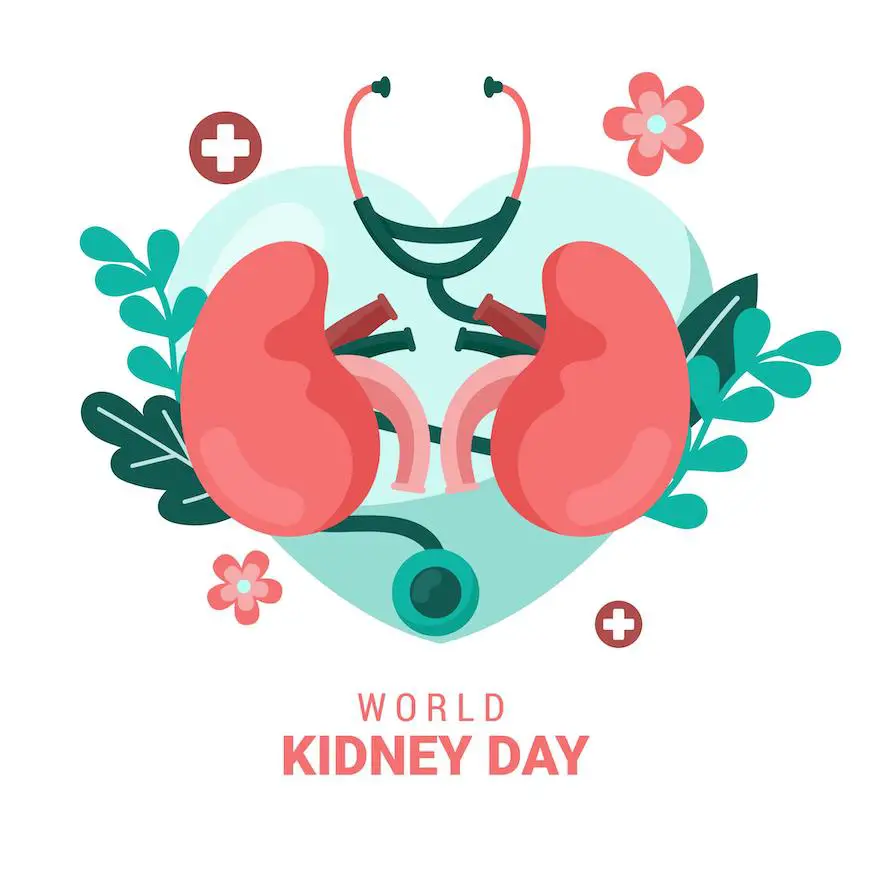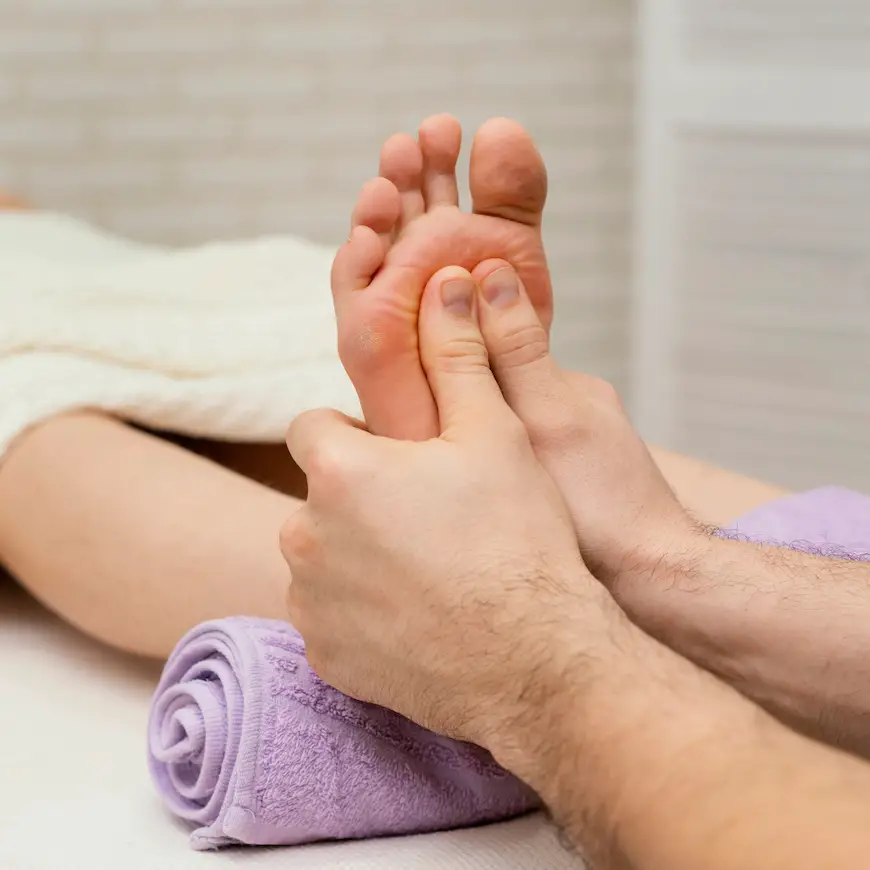Typhoid fever, caused by Salmonella typhi, remains a global health threat, especially in regions with poor sanitation. For travelers heading to endemic areas, the typhoid vaccine is a vital shield against this potentially severe illness. This guide breaks down the science, types, and limitations of the typhoid vaccine, while offering practical tips for staying safe. Whether you’re planning a trip or seeking prevention advice, understanding the vaccine can save lives.
What is the Typhoid Vaccine?
The vaccine is a preventive tool designed to protect against Salmonella typhi infection. Two primary options exist:
- Injectable Inactivated Vaccine (Vi Polysaccharide): A single-dose shot recommended for travelers aged 2+ years.
- Oral Live Attenuated Vaccine (Ty21a): A capsule-based vaccine requiring four doses over a week for those 6+ years.
Both vaccines reduce the risk of infection but require boosters every 2–5 years. Importantly, the typhoid vaccine does not replace hygiene practices like safe food and water consumption.
Why the Typhoid Vaccine Matters
The vaccine is critical for:
- Preventing Severe Illness: Typhoid can lead to intestinal perforation, sepsis, and death. Vaccination lowers these risks.
- Combating Drug Resistance: With rising antibiotic-resistant strains, the vaccine reduces reliance on treatments like meropenem.
- Protecting Vulnerable Groups: Children, healthcare workers, and travelers benefit most from the typhoid vaccine in high-risk regions.
Types of Typhoid Vaccines: Which One is Right for You?
Choosing the right vaccine depends on age, travel plans, and health status:
1. Injectable Typhoid Vaccine
- Who: Adults and children over 2 years.
- Dosage: One shot every 2 years for ongoing risk.
- Pros: Single-dose convenience.
- Cons: Not suitable for young children.
2. Oral Typhoid Vaccine
- Who: Travelers aged 6+ years.
- Dosage: Four capsules every other day, with a booster every 5 years.
- Pros: Needle-free option.
- Cons: Requires strict adherence to dosing schedules.
Both vaccines should be completed 1–2 weeks before travel to ensure immunity.
The Science Behind the Typhoid Vaccine
The vaccine trains the immune system to recognize Salmonella typhi. The injectable version targets the bacteria’s outer capsule, while the oral type uses a weakened strain. Neither offers 100% protection, but both significantly reduce disease severity.
Key Insight: Even after vaccination, travelers must avoid contaminated food and water. The typhoid vaccine is a layer of defense, not a guarantee.
Prevention Beyond the Typhoid Vaccine: Staying Safe While Traveling
While the typhoid vaccine is vital, combine it with these hygiene practices:
- Boil or Purify Water: Use portable filters or purification tablets.
- Avoid Raw Foods: Stick to hot, freshly cooked meals.
- Practice Hand Hygiene: Carry alcohol-based hand sanitizer.
These steps create a robust defense against infection.
Diagnosing Typhoid: Why Vaccination Beats Cure
Typhoid symptoms, prolonged fever, abdominal pain, and rose-colored spots can mimic other illnesses. Diagnosis relies on blood or bone marrow cultures, which are time-consuming. By opting for the typhoid vaccine, you avoid invasive tests and costly treatments.
Pro Tip: The outdated Widal test is no longer recommended due to inaccuracy. Modern diagnostics prioritize cultures, but prevention via the vaccine remains the gold standard.
Treating Typhoid: When the Vaccine Isn’t Enough
Antibiotic resistance complicates typhoid treatment. First-line therapies like ciprofloxacin work for susceptible cases, while severe infections may require third-generation cephalosporins or meropenem. However, the vaccine reduces the likelihood of needing these interventions.
Important Note: Chronic carriers (often with gallbladder infections) need prolonged antibiotic therapy. Vaccination helps prevent this scenario.
Recommended Products for Travelers
While the vaccine must be administered by a healthcare provider, enhance your safety with these Amazon essentials:
- Water Purification Tablets: Ideal for treating questionable water sources.
- Portable UV Purifiers: Compact devices that kill bacteria in seconds.
- Hand Sanitizer Kits: Alcohol-based gels for on-the-go hygiene.
- Travel Health Guides: Books offering country-specific health tips.
Reminder: The typhoid vaccine isn’t sold online. Always consult a clinic for proper administration.
Who Should Get the Vaccine?
It is recommended for:
- Travelers to South Asia, Africa, or Latin America.
- Individuals in close contact with typhoid carriers.
- Laboratory workers handling Salmonella typhi.
Check with your doctor if the typhoid vaccine is right for you.
Side Effects of the Typhoid Vaccine
Most people tolerate the typhoid vaccine well. Common side effects include:
- Injectable: Redness at the injection site, mild fever.
- Oral: Stomach pain, nausea.
Serious reactions are rare, but consult a doctor if symptoms persist.
Researchers are developing next-gen typhoid vaccines with longer-lasting immunity. Conjugate vaccines, which link bacterial proteins to enhance immune response, show promise in reducing typhoid’s global burden.
External Resources for Salmonella Typhi and Typhoid Prevention
For more information on Salmonella typhi and typhoid prevention, visit:
- World Health Organization (WHO): Typhoid Fever Guidelines
- Centers for Disease Control and Prevention (CDC): Typhoid Vaccine Recommendations
- Travel Health Pro: Country-specific health advisories for travelers.
The typhoid vaccine is a cornerstone of travel medicine. By understanding its types, limitations, and complementary measures like hygiene, you can explore the world with confidence. Remember, it isn’t a standalone solution, it’s part of a broader strategy to stay healthy.
Always pair the typhoid vaccine with smart travel habits. Check Amazon for hygiene essentials, but leave the vaccine to a professional. Stay protected, stay informed!







